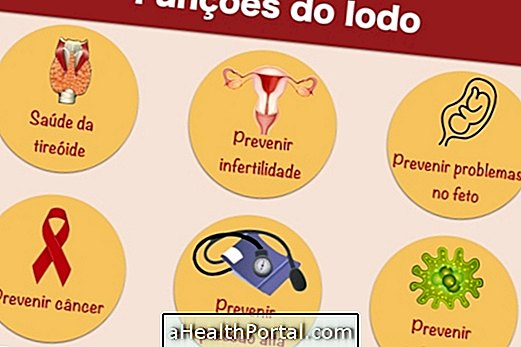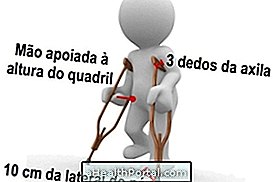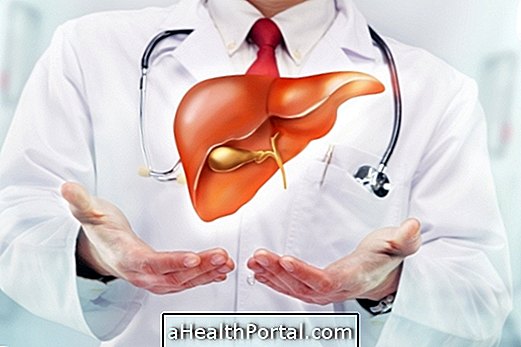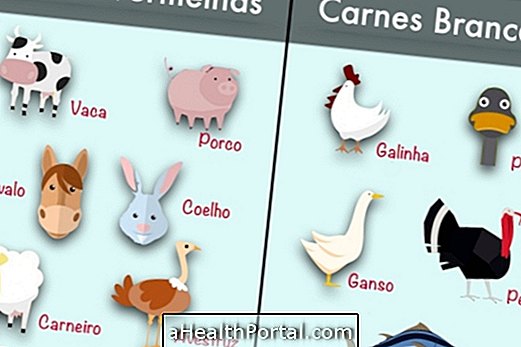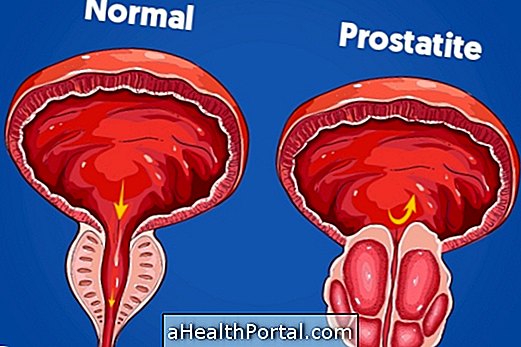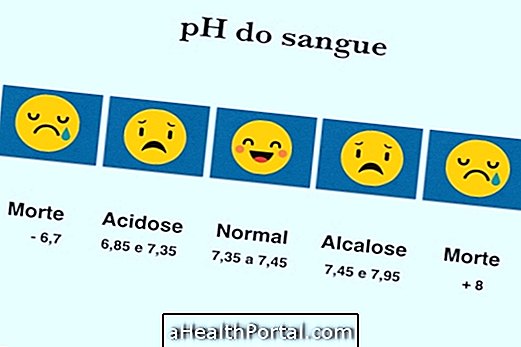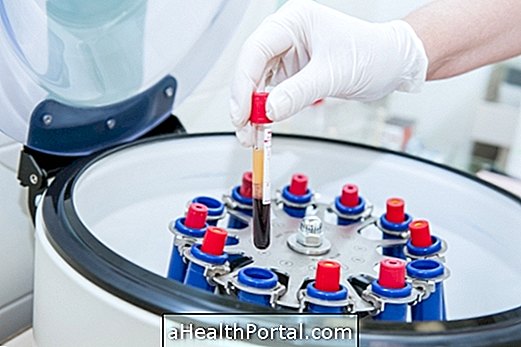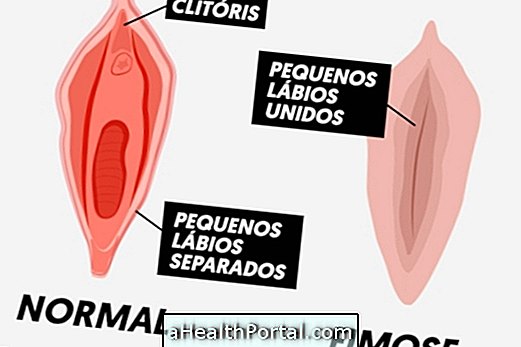Talking to the doctor as much information as possible about the problem that led to the consultation with the psychiatrist, the cardiologist or even the general practitioner, helps you to diagnose the disease more easily, making it easier to choose the best treatment. So before going to the doctor it is important to prepare notes so that you do not forget anything.
Some important information that you should tell your doctor whenever you go to an appointment are information such as:
- Where it hurts: The ideal is to point with a finger exactly in the place of the pain.
- What is the intensity of the pain? It is a good idea to give a score of 0 to 10 for the pain you feel, zero being no pain and ten being an unbearable pain.
- What is the characteristic of the pain: Has it appeared suddenly, in the form of a stitch, seems to spread to other areas or cause burning sensation or tingling sensation?
- When pain decreases and when it increases: Does pain worsen when you eat, when you exercise, do you wake up because of the pain?
- What is the frequency of the nuisance: Write down the days when the discomfort arises and the time it takes.
- What relieves and what worsens the pain.
In the consultation it is also recommended to wear light and comfortable clothes because you may need to take off your clothes to do some examination, for example.
Another important tip that can be helpful is to get another person to the appointment and note down the directions that the doctor is giving. In case of doubt, it is important to ask. Learn more at: How to Treat Pain Correctly.
Important Information Your Doctor Should Know
Other important information your doctor should know are:
- All the symptoms it presents. It is a good idea to write down everything you feel and also your intensity;
- If there is anyone else in the home or family who has the same symptoms or symptoms;
- Take exams you've done previously;
- Take the name down or take the packaging of the medicines you are taking because some symptoms can be caused by certain medicines and the doctor can evaluate the possibility of exchanging one medicine for another.
This information is very valuable because it helps the doctor find out what the individual has faster, saving time and money. Begin treatment as soon as possible, thus increasing the chances of cure.
